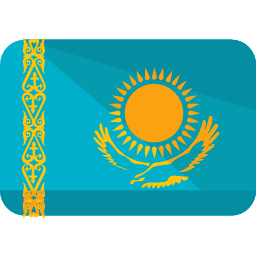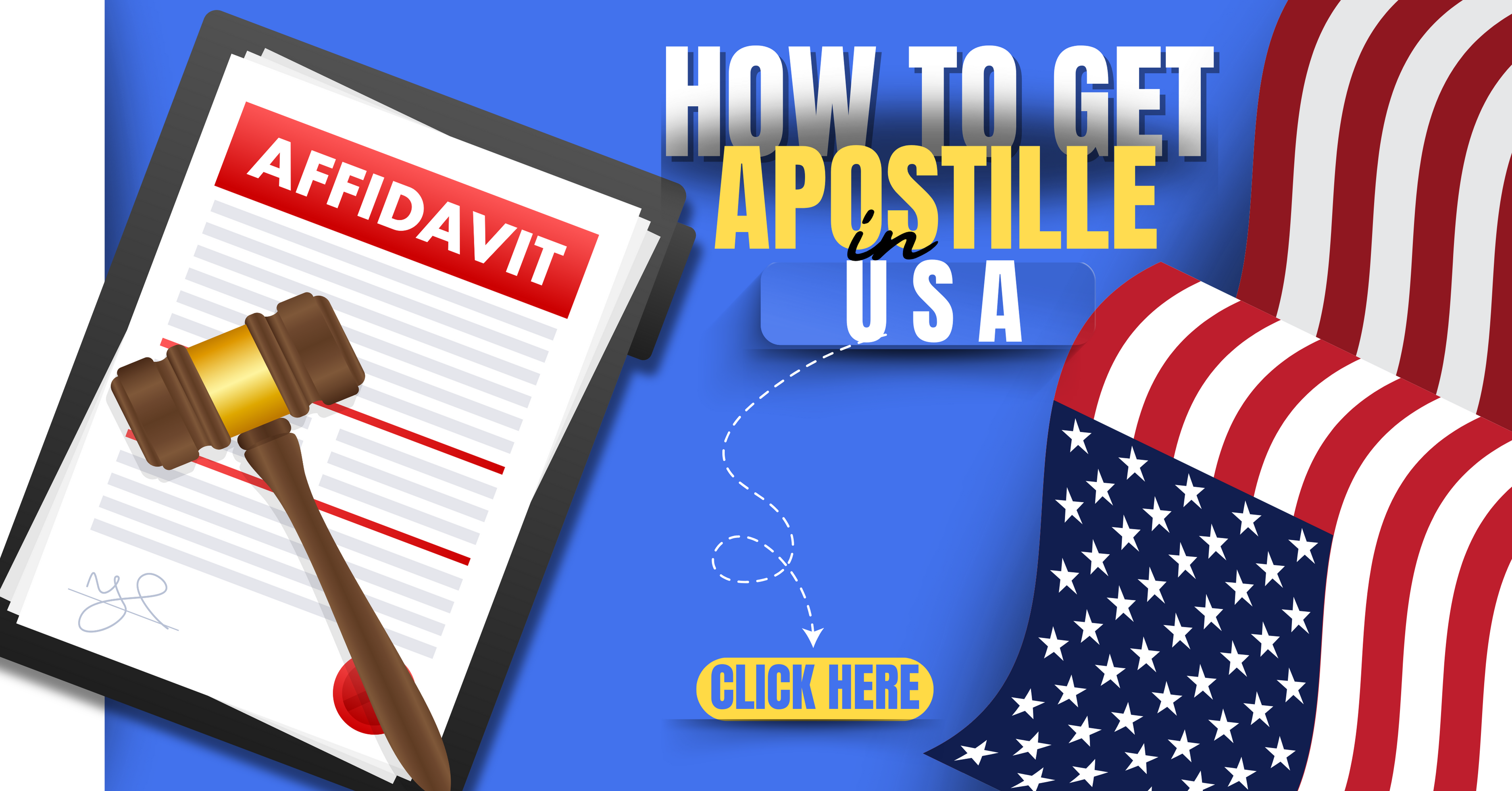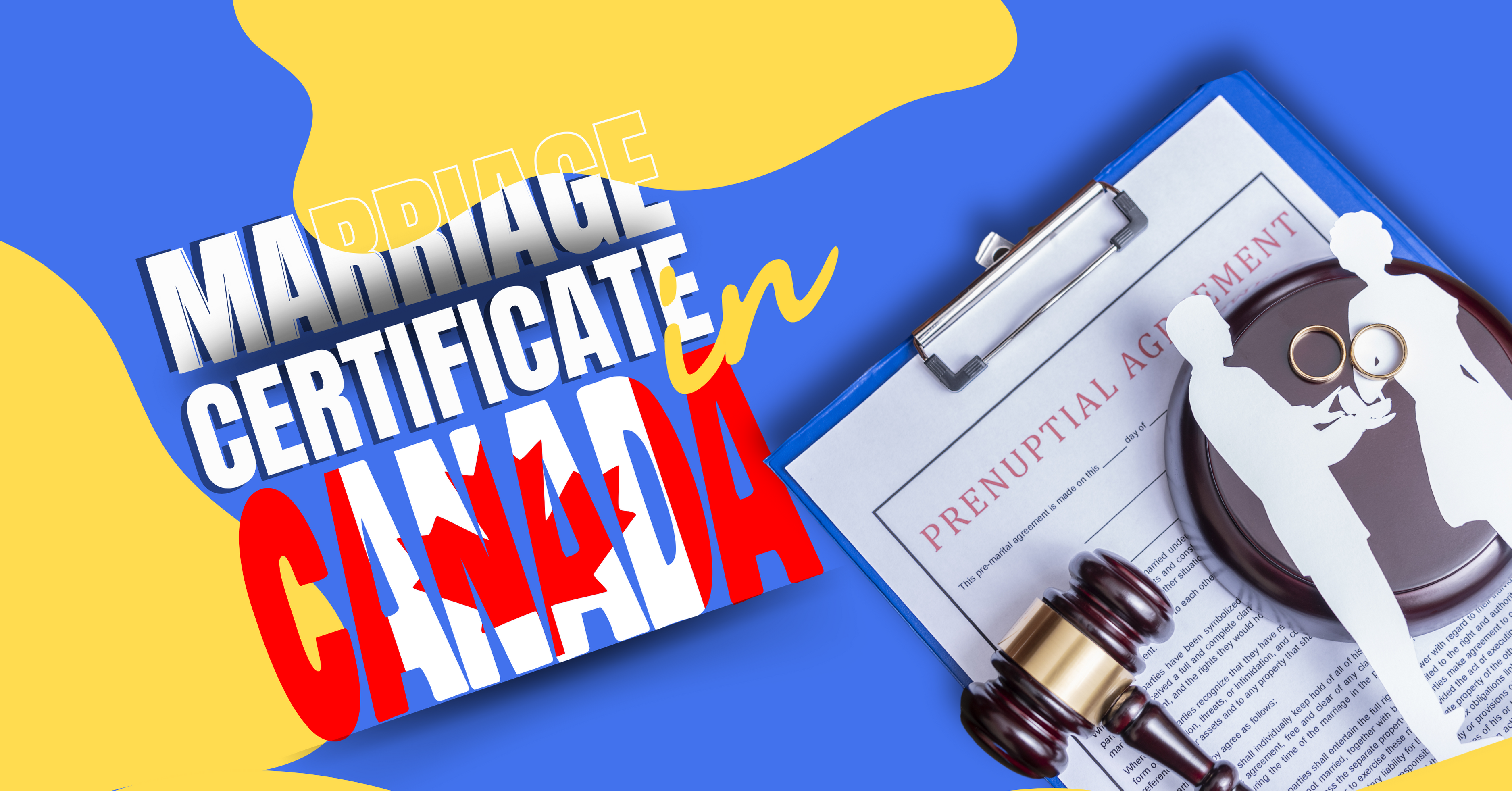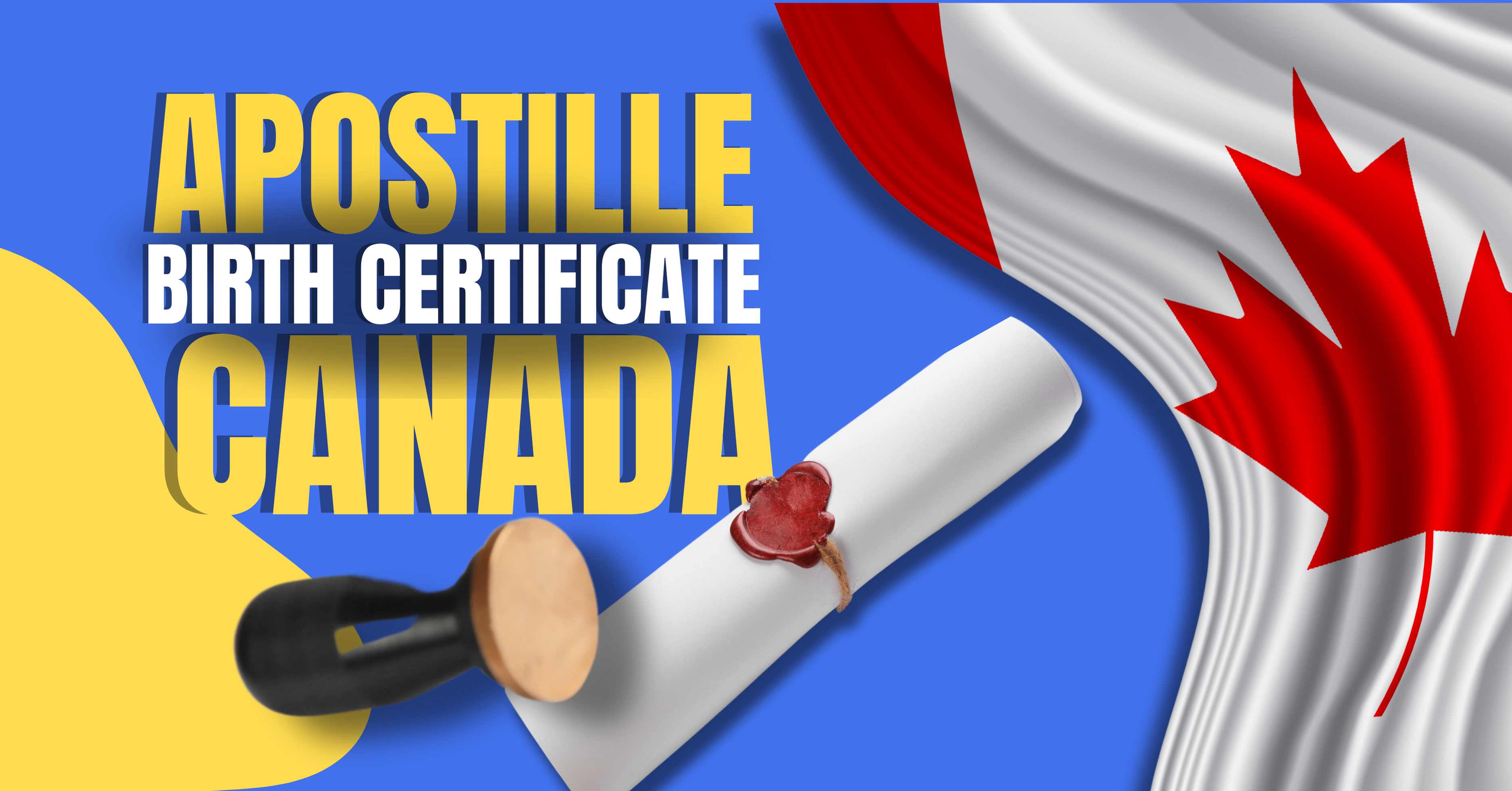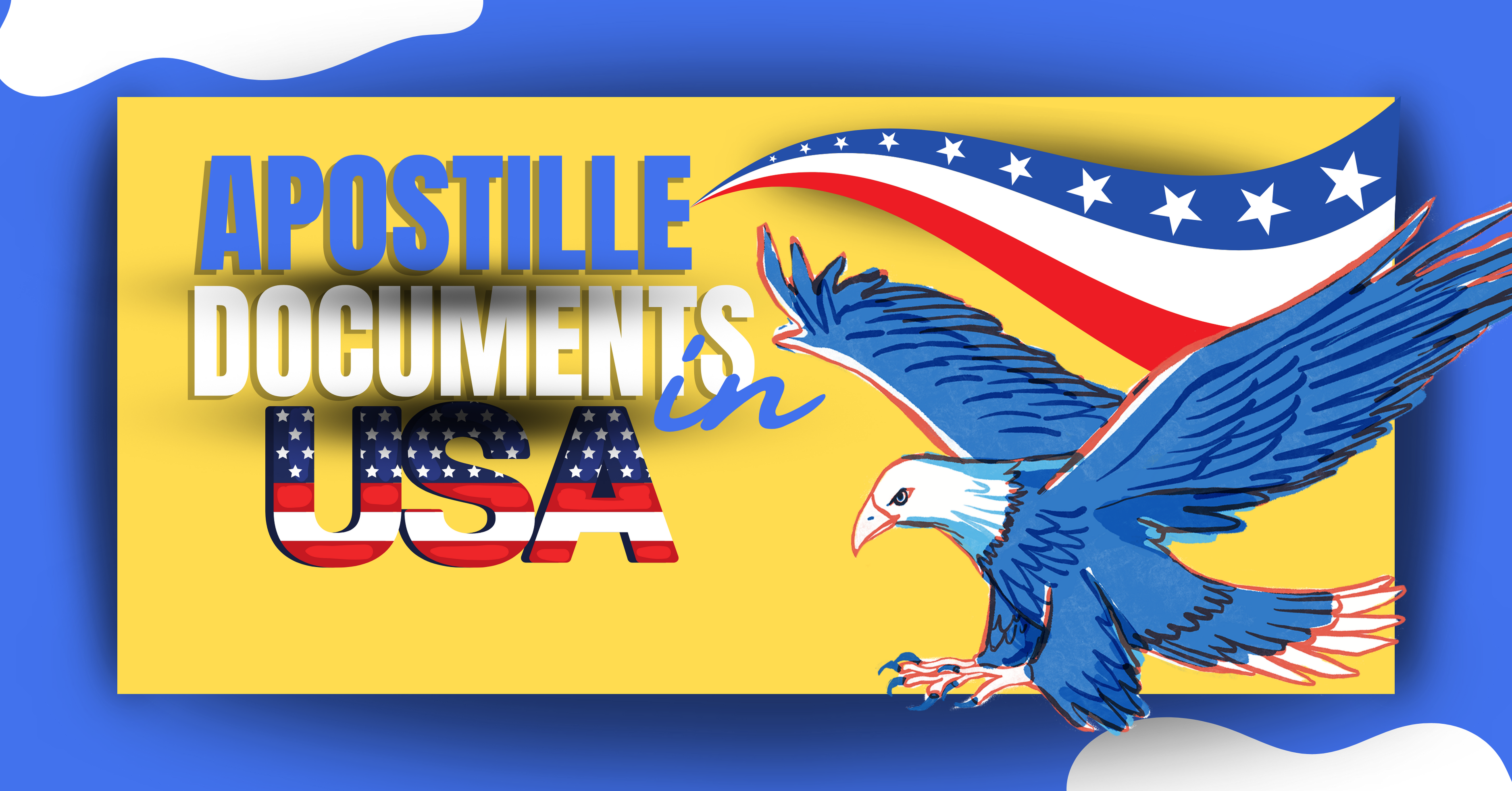In today’s globalized world, the need for document authentication has become increasingly important. Whether you’re planning to study abroad, work internationally, or engage in any legal processes in another country, obtaining an apostille for your documents is often a necessary step. In this comprehensive guide, we will explore everything you need to know about USA apostille information, from what an apostille is to how to obtain one, and common FAQs regarding this crucial process.
Understanding Apostilles
What is an Apostille?
An apostille is a certificate issued by a competent authority that verifies the authenticity of a document for international use. It is an internationally recognized form of document legalization, simplifying the process of verifying documents across borders. Essentially, an apostille confirms that the signature or seal on a document is genuine.
When is an Apostille Needed?
Apostilles are typically required when you need to use a document from one country in another country that is a part of the Hague Convention. These documents can include birth certificates, marriage certificates, diplomas, and legal agreements.
Types of Documents Requiring Apostilles
Educational Documents
If you plan to study abroad, you may need to apostille your academic records, such as diplomas and transcripts. Many educational institutions and employers overseas require apostilled documents to ensure their authenticity.
Legal Documents
Legal documents, including affidavits, power of attorney, and court judgments, often need apostilles when they are used in international legal matters.
Commercial Documents
For businesses engaged in international trade, documents like certificates of incorporation, patents, and trademarks may require apostilles to be recognized in foreign countries.
The Apostille Process
Step 1: Document Verification
Before obtaining an apostille, ensure that the document you want to authenticate is valid and accurate. Any errors or discrepancies should be corrected before proceeding.
Step 2: Notarization
Most documents must be notarized by a licensed notary public before they can receive an apostille. This step confirms the authenticity of the document.
Step 3: State Authentication
After notarization, the document needs to be authenticated by the appropriate state authority. This can be the Secretary of State’s office or a similar state agency.
Step 4: Obtaining the Apostille
The final step is obtaining the apostille itself. This is done through the Secretary of State’s office or, in some cases, the US Department of State, depending on the type of document and its intended use.
Apostille Authorities in the USA
Secretary of State Offices
Each state in the USA has its own Secretary of State office responsible for issuing apostilles. The process and fees may vary from state to state, so it’s essential to check with your specific state’s requirements.
US Department of State
For documents intended for use in countries that are not members of the Hague Convention, the US Department of State can issue an apostille. This is often necessary for federal documents, such as FBI background checks.
Common Mistakes to Avoid
Incomplete Documentation
Missing or incorrect information on your documents can lead to delays or rejection during the apostille process. Double-check all forms and ensure they are complete and accurate.
Incorrect Fees
Different authorities charge varying fees for apostilles. Be sure to research the fees required for your specific document and jurisdiction.
Unqualified Notary
Choosing an inexperienced or unqualified notary can lead to problems down the line. Always use a reputable notary service to ensure your documents are properly notarized.
Apostille Services vs. DIY
Pros and Cons
You have the option to either use professional apostille services or attempt the process yourself. While services offer convenience, doing it yourself can save money.
Cost Comparison
The cost of using an apostille service can vary widely, so it’s crucial to compare prices and services before making a decision. DIY apostille may be more cost-effective for some individuals.
International Use of Apostilled Documents
Study Abroad
Apostilled academic records are often required when applying for foreign universities or scholarships. Make sure to check the specific requirements of your chosen institution.
Employment Overseas
When seeking employment abroad, many employers will ask for apostilled documents, especially if they require proof of your qualifications and identity.
Business Transactions
International business deals often necessitate apostilled documents to ensure the legality of contracts and agreements in foreign jurisdictions.
Ensuring Document Security
Protection Against Fraud
Apostilles play a crucial role in preventing document fraud. Their verification process ensures that documents are legitimate and haven’t been tampered with.
Choosing a Reliable Service
When opting for professional apostille services, choose a reputable provider with a track record of accuracy and efficiency. Reviews and referrals can help you make an informed decision.
Conclusion: Simplifying the Apostille Process
In conclusion, obtaining an apostille for your documents is a necessary step for various international endeavors. By understanding the process, types of documents involved, and common pitfalls to avoid, you can streamline the process and ensure your documents are recognized worldwide.
FAQs
What is the difference between an apostille and legalization?
Apostilles are a simplified form of legalization specifically for countries in the Hague Convention. Legalization is a broader process used for non-Hague Convention countries.
How long does it take to get an apostille?
The processing time varies by state and document type. It can take anywhere from a few days to several weeks.
Can I get an apostille for a document that is not in English?
Yes, you can get an apostille for documents in languages other than English. However, you may need to provide a certified translation.
Do I need an apostille for every document I use internationally?
No, only documents intended for use in countries that are part of the Hague Convention require apostilles.
What if my document is rejected for an apostille?
If your document is rejected, you will need to correct any issues and resubmit it for processing.





















